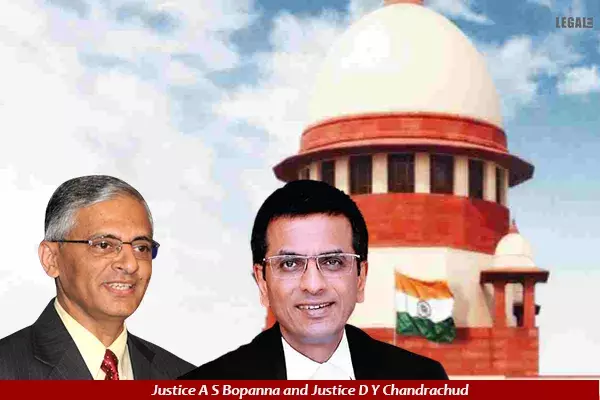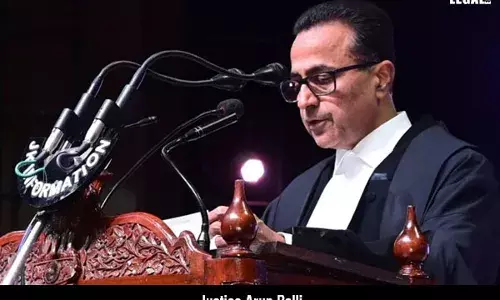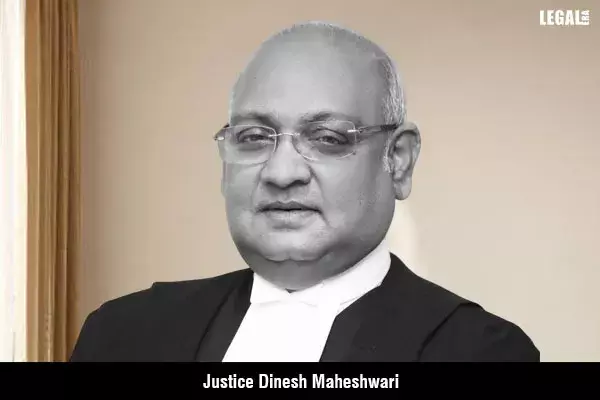Supreme Court guides Central government to be a model employer
Directs it to take a sympathetic view towards its workforce;

Supreme Court guides Central government to be a model employer Directs it to take a sympathetic view towards its workforce The Supreme Court has advised the Government of India to sympathize with its employees and behave like a model employer to those working for the country's welfare. A bench of Justice D Y Chandrachud and Justice A S Bopanna objected to the Central...
Supreme Court guides Central government to be a model employer
Directs it to take a sympathetic view towards its workforce
The Supreme Court has advised the Government of India to sympathize with its employees and behave like a model employer to those working for the country's welfare.
A bench of Justice D Y Chandrachud and Justice A S Bopanna objected to the Central government's decision to limit the monetary benefits earlier granted by the apex court.
The top court had in 2018 passed the order holding that journalists employed in Doordarshan and All India Radio should be given a promotion in accordance with the Indian Broadcasting (Programme) Service Rules 1990.
It had rejected the petition of the government that the posts of a TV news correspondent and an assistant news correspondent were not covered under the rules. Hence, they could not be considered for promotion to the junior administrative (selection) grade.
The court had directed that the promotion and subsequent monetary benefits should be granted to the employees who fought a legal battle for not being given any promotion for 12 years.
After the court's favourable order, several similarly placed employees had also approached the court for the same relief, but the Centre opposed their plea.
The government restricted the aid to only those two employees of Doordarshan who had filed a plea in the court. It maintained that the benefits of the order could not be extended to those who were sitting on the fence and had not approached the court.
Additional solicitor general (ASG) Vikramajit Banerjee contended that a large number of employees were involved and the benefits could not be extended to all. He suggested the aggrieved employees initiate separate legal proceedings instead of filing applications in the case already decided by the court.
However, the bench asked the Centre to take a sympathetic view towards its staff. The court said, "If you give benefits to some employees, then you cannot deny the same to the other employees, who were recruited in the same cadre and under the same advertisement."
The court held that some petitioners had since retired. They could not be forced to launch a fresh legal battle to first approach the Central Administrative Tribunal (CAT), then the High Court and finally the Supreme Court to get the benefits that were allowed to their colleagues.





